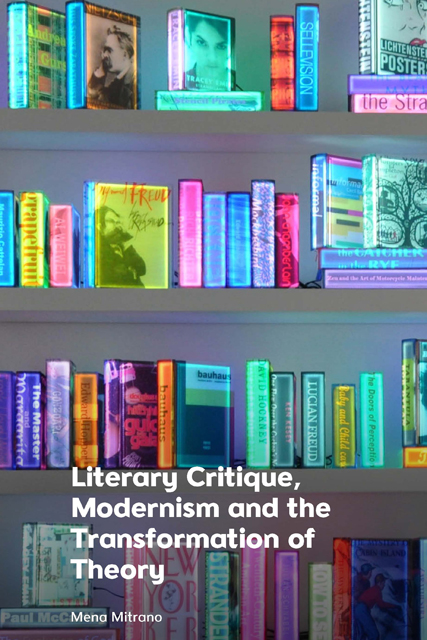Book contents
- Frontmatter
- Contents
- List of Figures
- Acknowledgments
- Introduction
- 1 What is Critique?: Three Types of Indocility
- 2 Theory: Thinking with Literature
- 3 What is a Critic?: Weak Thought, Weak Theory, Italian Theory
- 4 Language: The Return to Saussure
- 5 Tradition: Eliot and Work
- 6 Text and Method: Cixous–Joyce–Lispector
- 7 Poststructuralism: Faith and Lacan
- Conclusion: Depending on Your Neighbor
- Bibliography
- Index
7 - Poststructuralism: Faith and Lacan
Published online by Cambridge University Press: 25 April 2023
- Frontmatter
- Contents
- List of Figures
- Acknowledgments
- Introduction
- 1 What is Critique?: Three Types of Indocility
- 2 Theory: Thinking with Literature
- 3 What is a Critic?: Weak Thought, Weak Theory, Italian Theory
- 4 Language: The Return to Saussure
- 5 Tradition: Eliot and Work
- 6 Text and Method: Cixous–Joyce–Lispector
- 7 Poststructuralism: Faith and Lacan
- Conclusion: Depending on Your Neighbor
- Bibliography
- Index
Summary
Overview
In the last chapter, in the hands of feminist poststructuralist thinker Hélène Cixous the modernist motif of the conflict of Life vs. Form took on centrality. The question of a living writing, which issues directly from Cixous’s own belaboring of the conflict, caused our interest to shift from language seen as an all englobing, even imprisoning, horizon to a principle of natality within language in spite of the symbolic order and the symbolic structure that fix the subject in the social order. The notion emerged of a paternal donation. This chapter expands on that notion, presenting it as a neglected aspect of poststructuralism. Within the context of poststructuralism, we shall see that the notion of paternal donation consigns us a subject that is constituted through the idea of the gift and of giving. Discussion will open this chapter’s keyword, poststructuralism, to wider, far-reaching effects.
The term “poststructuralism” embraces critical and philosophical trends that mark a crisis in the capacity of human consciousness to scrutinize itself, in the capacity of the “subject” to be the object of analysis and investigation. If structuralism had assumed that knowledge of the world and of the self is language, then language can no longer be viewed as an external vantage point. Poststructuralism rejects the idea of “a knowable reality independent of language” (Berman 173). The correspondence between language and reality seems lost, and language points to itself: “what exists are ‘texts’” (Berman 173). However, in the previous chapter we have seen that Cixous, even though she has been classified as poststructuralist, diverts attention from this problem. Her turn to Lispector’s living writing recuperates, via Joyce’s modernism, not so much the adherence of language to reality but the question of a beneficial principle in language. Following on from the previous chapter, this chapter pursues the sense of a beneficial principle concentrating on a donation supplemented by language.
The spatial component of poststructuralism
When we think of the reader and the text, we often think of a subject before an object. It is from this perspective that the problem of mastery appears, with the risk of reducing understanding to a question of power. The spotlight is turned on the mastery that the interpreter comes to exert over the text or, conversely, the power of the text to silence the interpreter.
Information
- Type
- Chapter
- Information
- Literary Critique, Modernism and the Transformation of Theory , pp. 215 - 238Publisher: Edinburgh University PressPrint publication year: 2022
